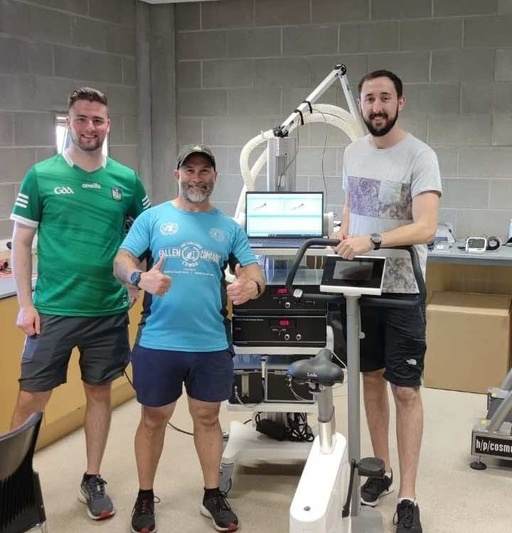All Surveying
When most people want to know where something is, they use a map and perhaps GPS. Who makes those maps, though? Who do you call when you need to pinpoint a spot to within a fraction of an inch, rather than within a couple of feet as with GPS?This is the kind of work surveyors do. One part of their job is accurately mapping terrain in three dimensions (including elevation). This is more important than it may sound: erosion and weather events do change the landscape over time. Town planners, transport engineers, and others need accurate data to do their jobs, while surveyors frequently have to settle property line disputes involving large sums of money.The second part of a surveyor's job is to support construction projects. Moving tons of earth around is not cheap: when constructing a road a hundred miles long, the amount of soil and rock to be dug out and filled in can easily determine whether or not a route is feasible. Guess who's responsible for calculating that?Just like teachers, lawyers, and other professionals whose work affects the public welfare, surveyors have to be licensed by the state they work in. The requirements vary by state, but most require a bachelor's degree in a relevant field like civil engineering, geography, or of course surveying. In addition, candidates have to complete several years of supervised work (four on average) as a surveying technician before taking the Fundamentals of Surveying examination.This apprenticeship is meant to teach things like the professional codes and procedures surveyors are expected to follow, how to search and update public and private records, prepare survey reports and client contracts, and the proper use of all the equipment at a modern surveyor's disposal.










